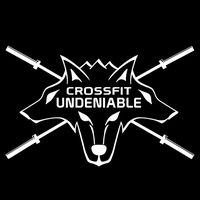The Gym For Fitness In Westminster
FITNESS
FOR ALL LEVELS
Join Us at Westminster's #1 CrossFit Facility
TAKE YOUR FITNESS TO THE NEXT LEVEL
CrossFit
Whether your goal is to build muscle, lose weight, or even just to be able to keep up with your kids, our highly-trained coaches deliver a fun, challenging, and rewarding experience no matter your level of fitness. Come join us in our mission of inspiring families to live enriched, fulfilled lives.
Nutrition Services
Never feel confused about nutrition again! Our certified nutrition coaches will provide the accountability, knowledge, and motivation you need to help you find and customize the optimal nutrition regime for your body.
Personal Training
Do you need sport-specific training, have a significant amount of weight to lose, need help recovering from a major injury or have other health limitations? Working one on one with an expert coach is hands down the fastest and most efficient way to make breakthroughs in your fitness.
WHAT ARE PEOPLE SAYING
SUCCESS STORIES
GETTING STARTED IS AS EASY AS 3, 2, 1.. GO!
1. SCHEDULE YOUR FIRST VISIT below
Talk with a coach about your goals and learn how we can get you to your best self.
2. START YOUR TRAINING
To ensure a strong start, we'll guide you through our training fundamentals and help establish healthy habits, putting you on a path toward success.
3. HAVE FUN REACHING NEW LEVELS
Once you have the basics down you’ll book classes easily on our app, enjoy the workouts with awesome people and reach your goals in no time!
start
your
journey!
CLAIM YOUR FREE INTRO SESSION AND TOUR!
By submitting this form you are authorizing CrossFit Undeniable to communicate with you via email, phone, and/or SMS. Msg & data rates may apply. You may opt-out at any time.




OUR CURRENT SCHEDULE
The Best gym near me in Westminster
WHERE TO FIND US
8861 N Harlan St, Westminster, CO 80031
GIVE US A CALL
(720) 669-7237
ACHIEVE YOUR FITNESS GOALS
Get Started Today for FREE! No Experience Necessary!
Have Questions? We've got the answers right here!
Super simple! Just click get started anywhere here on the page to book your free intro session where you’ll get to tour the gym & meet our coaches.
We will chat about your current situation, your desired situation to see if we can help and if we are good fit for each other.
When you start at CrossFit Undeniable, your fitness level will improve quickly, usually in the first 30 days. The key to see results is consistency and commitment over time so that’s why we recommend 3 classes per week as a start!
Yes! We provide guidance on eating right or sleeping well which can help maximize energy levels – getting YOU maximum results from your efforts.
Nope! Most of our members start just like you. We assess each new members fitness level. Then our workouts are “universally scaled”, with a different version of each days workout designed for every level. As you level up you can take on more challenging variants of the workout if you desire.
We are locally owned and purpose built to make an impact on the health and happiness in Westminster and the surrounding area.
You’re not just a number here, everyone knows your name. We’re a community of like-minded people that wants you to show up and supports each other on this journey to live better lives – with no judgement or criticism along the way!




